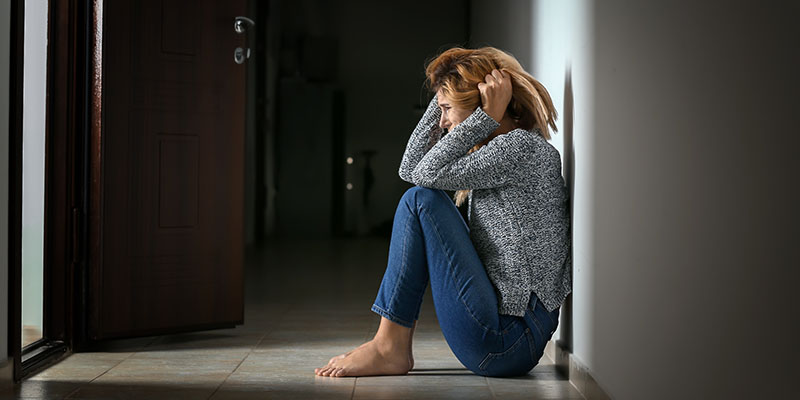


Psychotic disorders are mental health conditions characterised by psychosis, which causes individuals to lose touch with reality. People with psychosis often cannot control their thoughts, behaviours and emotions, making it difficult to function in everyday life.
The main symptom of psychosis is disordered thinking. You may not always be aware that you are hallucinating or having delusions, but there are general signs to keep in mind.
Psychosis is present in several mental health disorders.
Schizophrenia: Schizophrenia is a common psychotic disorder that causes hallucinations and delusions, distorting a person's view of reality. It causes changes in behaviour that significantly affect a person's life and is diagnosed after 6 months of symptoms.
Schizophreniform disorder: Schizophreniform disorder is a short-term version of schizophrenia whereby the symptoms only last between 1 to 6 months.
Schizoaffective disorder: People with schizoaffective disorder experience both psychosis and mood disorder. They present symptoms of bipolar disorder or depression and also experience paranoia, hallucinations and delusions.
Shared psychotic disorder: Also known as folie à deux, shared psychotic disorder is a rare psychotic disorder that occurs when two or more people in a close relationship share a delusion.
Delusional disorder: Delusional disorder is characterised by having a delusion (false belief) of a real-life situation, such as having an illness or being in a relationship with someone.
Brief psychotic disorder: People with brief psychotic disorder experience psychosis symptoms for a very short time, usually after a stressful event, with a quick recovery.
Catatonia: Catatonia is a psychotic disorder that primarily causes abnormal movements and behaviour, immobility and psychosis symptoms.
Paraphrenia: Paraphrenia is a condition similar to schizophrenia but occurs later in life when people are elderly.
Medical or substance-induced psychotic disorder: Certain illnesses and substance abuse can lead to psychosis symptoms and the development of a psychotic disorder later in life.
The exact cause of psychotic disorders is still unknown, but various factors contribute to their development.
Psychosis, even when severe, can still be treated. Medication and therapy are the two most common treatments for these disorders. Before developing a treatment plan, I work with patients to understand their symptoms and needs.